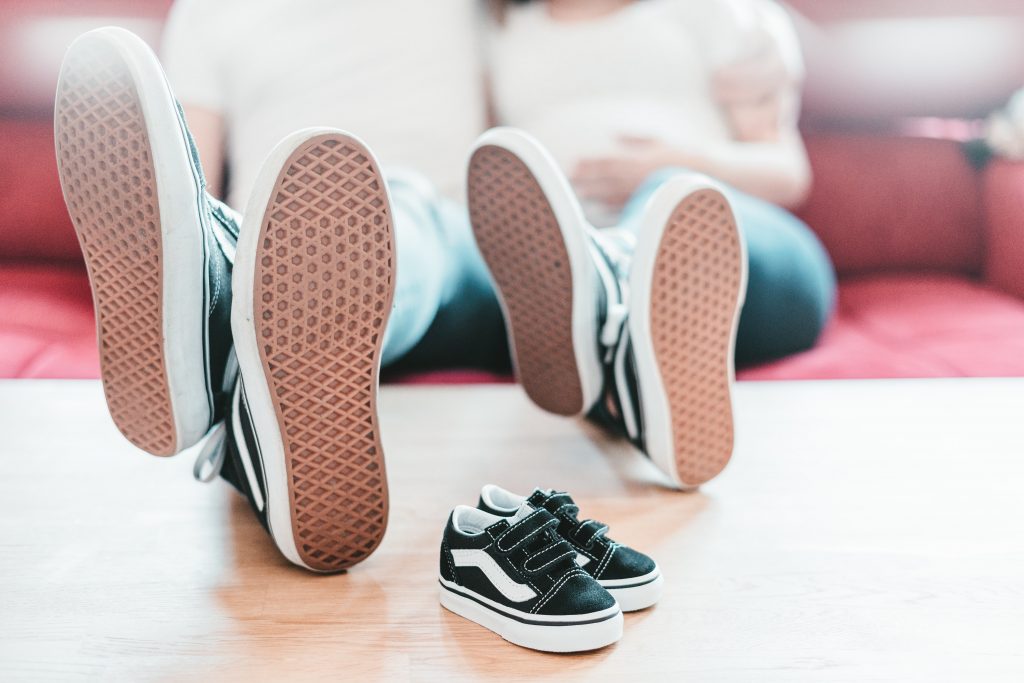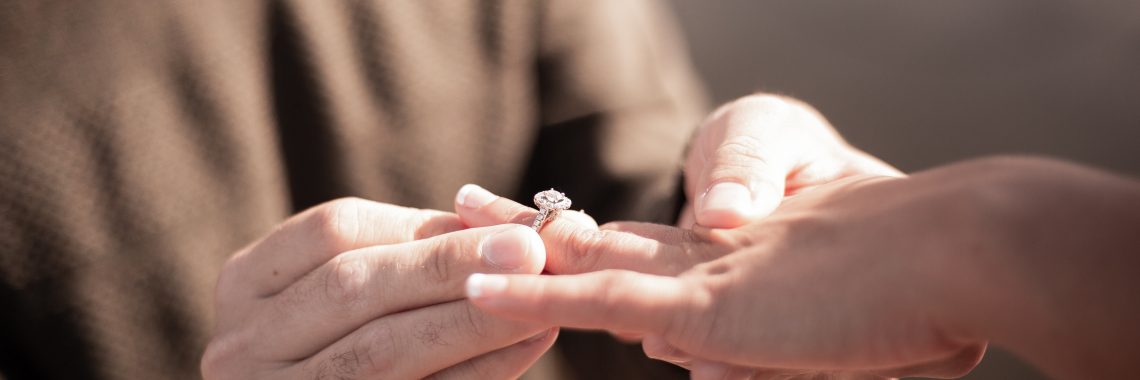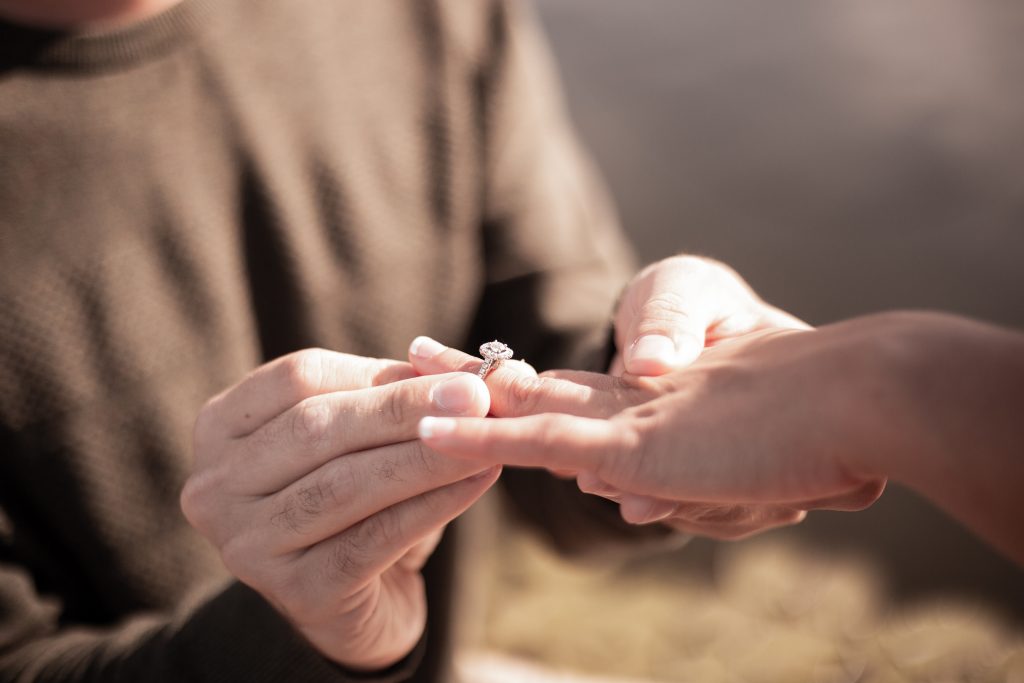Nearly Half of U.S. Adults Under 50 Don’t Plan to Have Children: Pew Research

New data from Pew Research Center shows nearly half of adults under 50 in America don’t plan to have children.
Researchers found a staggering 47% of adults surveyed said they are “unlikely to ever have kids.”
When asked the reasons for choosing not to have children, most did not blame the economy or the rising cost of living. Instead, 57% told Pew that they simply don’t want kids. Forty-four percent said they “want to focus on other things.” Pew writes that most of these adults also said that “not having kids has made it easier for them to afford the things they want, have time for hobbies and interests, and save for the future.”
Interestingly, researchers found that among 18 – 49 year-olds, women were actually more likely than men to say that they simply don’t want to have kids.
These numbers are up drastically from 2018, when 61% of adults under 50 said they planned to have children someday.
All of this underscores how our society seems to view children as, at best, an accessory, and, at worst, a burden.
Society doesn’t treat children like they are a blessing from the Lord. Instead, people have been told that children will somehow stop them from doing what they want.
This is evidenced by the fact that earlier this year medical researchers reported that voluntary sterilizations are on the rise among 18 – 30 year-olds.
The fact is, children are good for society. We’ve seen in other countries how low birth rates hurt the economy, contribute to labor shortages, and make it harder to care for the elderly. In 2020, a Chinese Communist Part official admitted the country needed to do more to raise its birthrate in order to “meet labor demands.”
Many of the people who participated in Pew’s survey even said that “parents have it easier when it comes to having someone to care for them as they age.”
But more than just being good for society, children are a blessing. Children are an incredible responsibility, but they’re also an incredible joy. As John Stonestreet once said, “Every person bears the image of God, so whenever families produce children, they mirror God to the world. Sure kids are sometimes irritating, but they’re often hilarious, and they always remind us that life isn’t about ourselves.”
That’s a message more Americans should take to heart.
Articles appearing on this website are written with the aid of Family Council’s researchers and writers.





